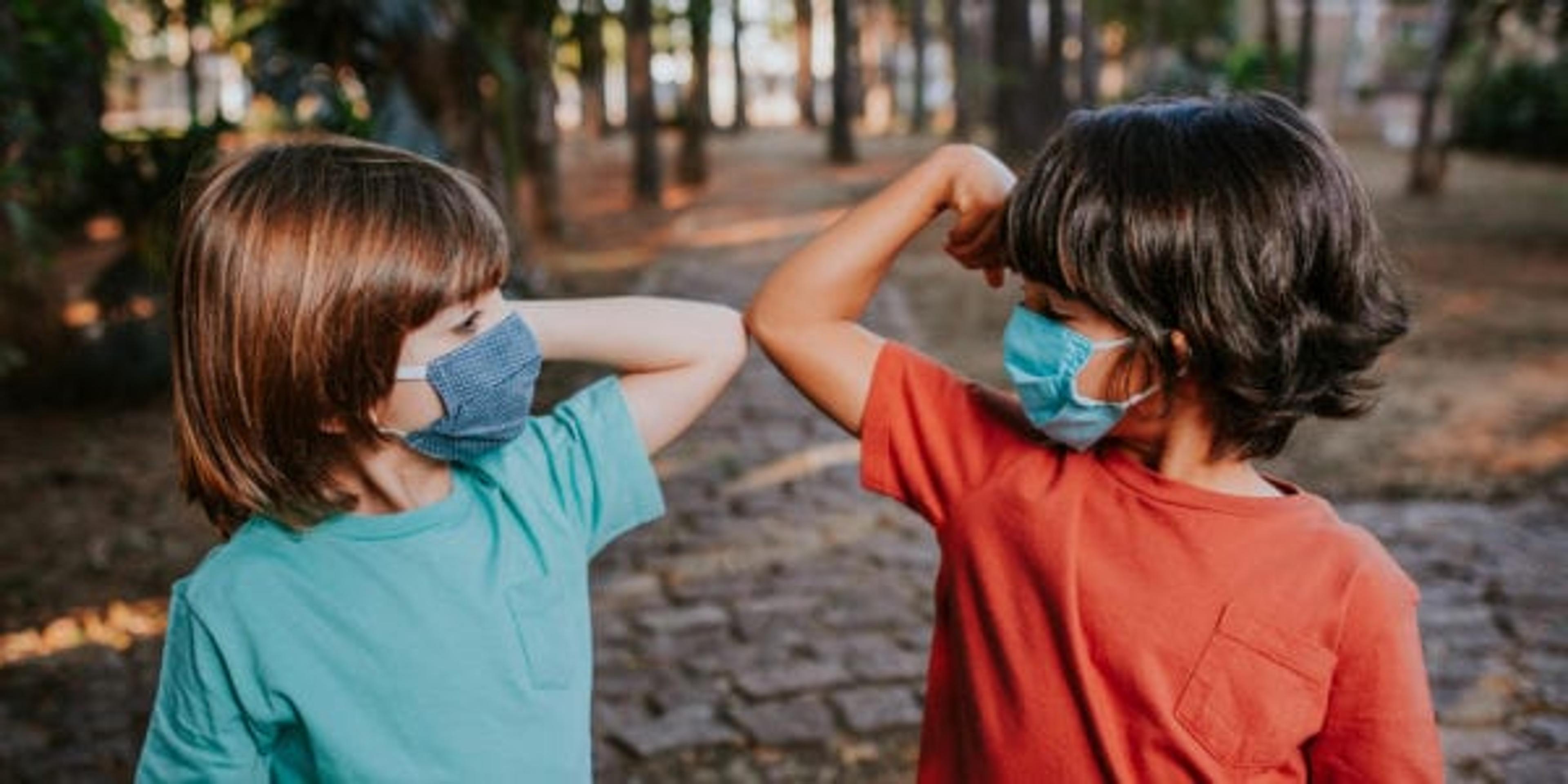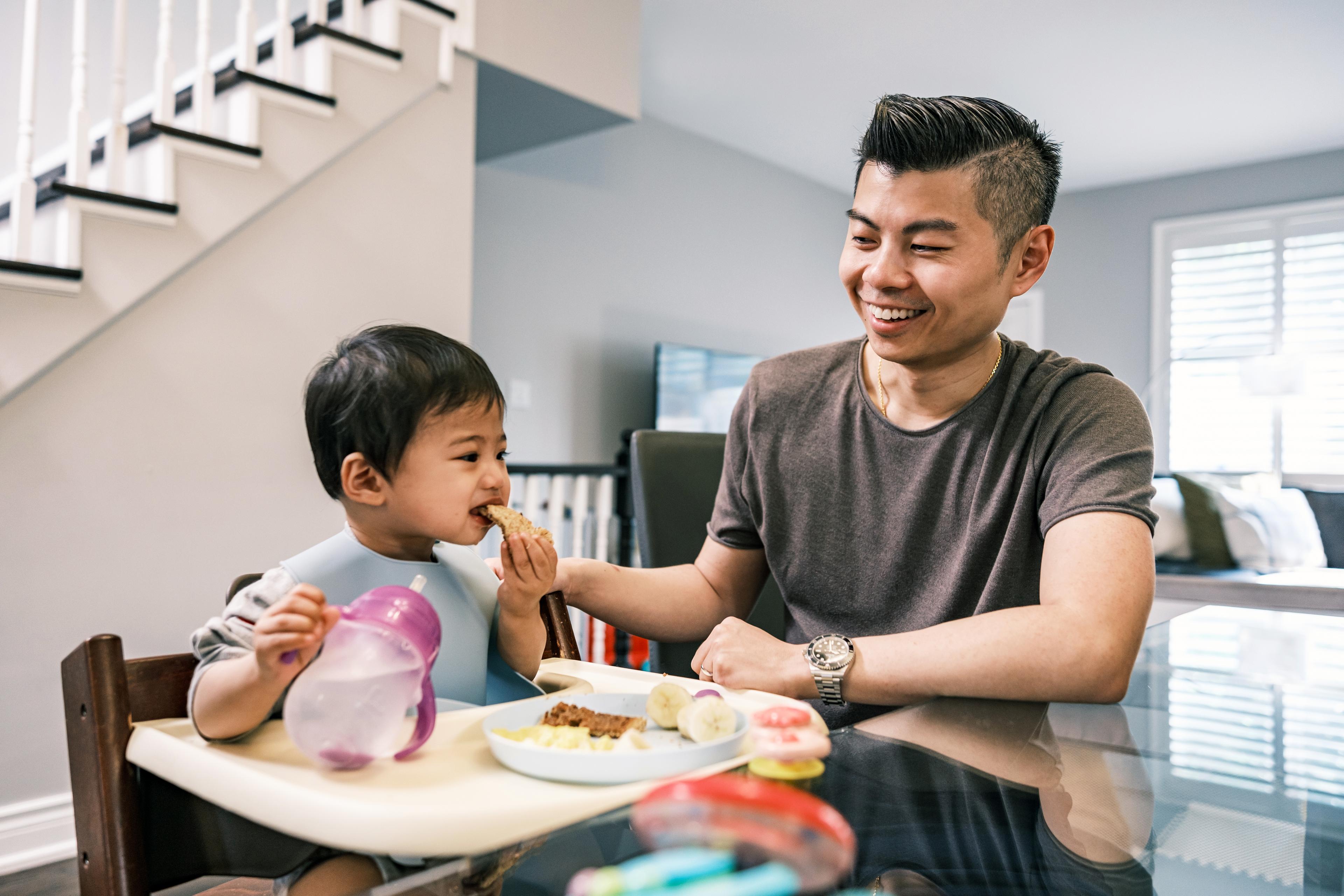The Importance of Kids Keeping Up with Friends During the Pandemic
Shandra Martinez
| 3 min read

For parents with young children and teens at home, keeping their family safe and healthy has been a top priority during this coronavirus era. Wearing face coverings, washing hands and social distancing by staying at least six feet away from people not in their households have been their first line of defense against this virus.
But as difficult as these changes have been for adults, they’ve been even harder on many school-age children who have been missing all the easy, close interactions they were able to have with friends before the pandemic.
It’s important for parents to understand why social interaction is so necessary for children, and what parents can do to help facilitate these relationships, even if it is just on a virtual level.
Social Interaction Boosts Mental Health
Settings like school, sports and after-class activities give kids the chance to interact with adults and children other than those in their household, helping them to develop strong social and emotional skills, according to the CDC. This type of away-from-home social interaction is crucial for most children, not only for their development, but as a coping mechanism for feelings like anxiety and stress. During times of uncertainty, like this current pandemic, many children rely on social interactions for emotional support. When those become limited because of remote schooling, canceled events or the need for social distancing, it can impact how they feel.
Studies have shown that children or teens who feel lonely for long periods of time have a greater chance of developing mental health conditions like depression and anxiety, according to the Mayo Clinic. Young children may be the most vocal about how they feel, expressing confusion and sadness over not being able to play with their friends like they used to. Teenagers are at an age when the importance of their connections with friends are starting to outweigh ties they feel to their family, so not being able to spend time with friends can affect them more negatively, according to Psychology Today.
But there are many things parents can do to ensure their kids are keeping up with friends and staying connected to these important social networks.
Help Them Mark the Milestones: Celebrating birthdays, holidays and other important events can look very different during this time of COVID-19. Young children can be encouraged to create cards or make small gifts to celebrate friends’ birthdays. Teens can use their tech savvy to create special video messages to send to friends. Making these milestones – even in a new way – helps create a sense of normalcy.
Use Technology to Stay Connected: Many parents have been giving their children a lot more leeway with electronics and screen time during the pandemic. Online messaging, video chats and social media platforms can also be a great way for kids to stay connected with friends during this time. Parents can help young children set up group chats with a group of friends.
Responsible Social Distancing: Parents can also help their children organize small get-togethers outside, whether it’s a trail hike or a bike ride. Adults can be on hand to make sure kids wear face coverings and stay more than six feet apart while still getting a little social time with their friends.
Related:
Photo credit: Getty





